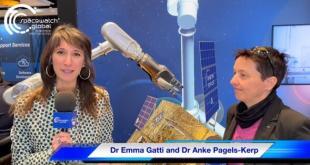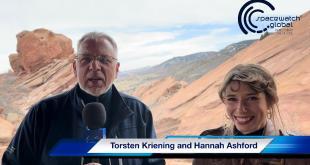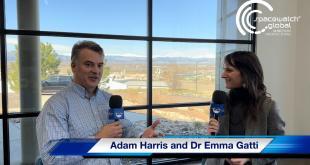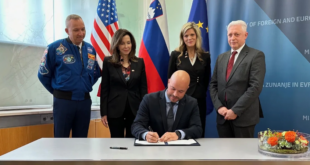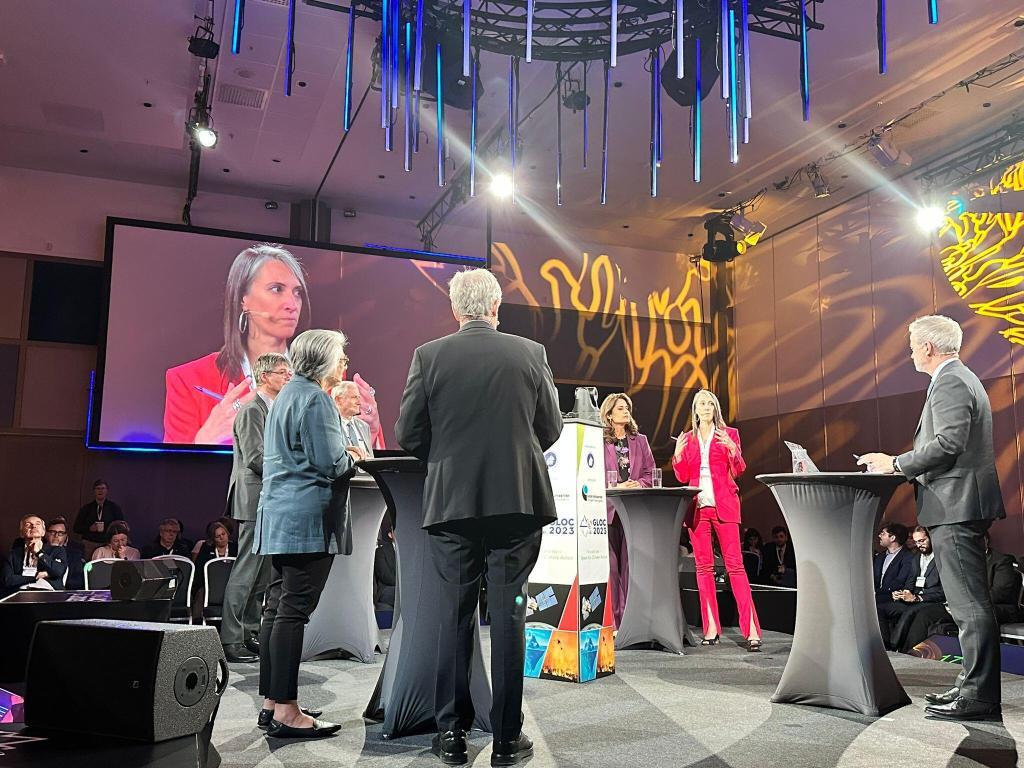
London, 25th of May 2023. – On Thursday, the 25th of May, GLOC2023, Global Space Conference on Climate Change, the first Space conference entirely dedicated to Climate Change closed it’s first edition in Oslo, Norway’s capital city. One of the major takeaway points was the need to make data more accessible.
“People who work in crucial and critical data should be able to use the data freely,” says Dr Emma Gatti, Editor-in-Chief at SpaceWatch.Global.
Ru A Kermani, BBC/CNN journalist, commented on the need of the industry to shape up a more convincing communication strategy.
“You need a strategy to get scientific information out in a relatable manner where people can understand how it affects them”
James Graf, the Director for Earth Science and Technology at NASA Jet Propulsion Laboratory, also mentioned the presents gaps and needs that the 3-days conference highlighted. One of the most significant gaps seems to be between global data, valid for global analyses and large-scale visualisation, and local data, valid for single end users to monitor and improve local situations. The lack of free data accessibility, together with the lack of tailored data for specific areas, is what makes it difficult to use the full potential of satellite data for earth observations.
Another critical point was the usability of data. Several end users mentioned that often there are not easy tools and platforms to access data and process them to transform the observation in applications.
“We spend so much time creating the data and providing processing, and we think our job is done, but it isn’t. Our job isn’t done until we get the data to the local population, and they can absorb the information,” says Christian Hauglie-Hanssen, Director General of the Norwegian Space Agency (NOSA).
Another key focus of the conference was also to engage with youth and listen to them, and let them drive some change. “Looking to the future and getting senior leaders involved is key. They can be an inspiration for youth and engage the younger generations” said Christian Feichtinger, Executive Director of the International Astronautical Federation.
Going forward
The next step will be in Baku during IAC2023, during which the IAF will give a highlight lecture to report on the results of the Oslo GLOC2023. An application has also been submitted for GEO Week in Cape Town, South Africa at the beginning of November for a plenary session. Currently, the IAF is in contact with UAE in Dubai for COP28.
 SpaceWatch.Global An independent perspective on space
SpaceWatch.Global An independent perspective on space

